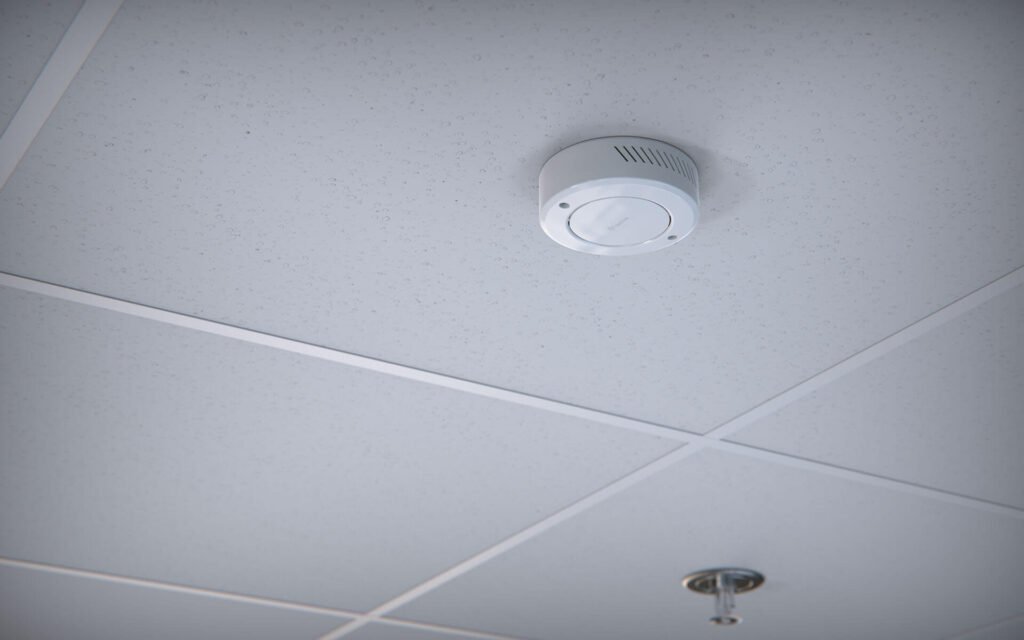VAPE DETECTION
Picks up on vaping, smoking, poor IAQ, and other anomalies
Powerful security solutions
What can school security cameras do for your campus or classroom?
-For school administrators and security teams, enhanced situational awareness is vital to helping ensure the safety and security of education facilities. Security cameras for schools, or CCTV cameras for schools, can help administrators and security teams achieve this.
Access Control
Controlling Access from Anywhere, Anytime, on Any Device
ProdataKey (pdk) is a leading innovator of networked cloud-based access control products and services.
Total Techs installs, and maintains other access control products to fit your schools needs.
FAQ
-
Description Yes, when calibrated correctly, school vape detectors can be effective at identifying vaping incidents by using highly sensitive particle and chemical sensors to detect aerosols and specific compounds in the air. While they are generally accurate and can significantly deter vaping, some challenges exist, such as occasional false positives from other aerosols and students finding ways to conceal their vaping, like blowing smoke into a bottle.
How they work
Particle and chemical detection:
The devices use sophisticated technology like laser scattering to find unique vape aerosols and chemical sensors to identify compounds like propylene glycol.
Silent alerts:
Unlike traditional smoke alarms, they are silent to students. When a violation is detected, they send a discreet real-time alert (text, email) to designated staff, who then respond to the specific location.
Location pinpointing:
The alert usually includes the specific room or area where the detection occurred, allowing staff to identify the student(s) or take other appropriate action.
Effectiveness and limitations
High accuracy:
When properly installed and maintained, the sensors are highly accurate due to their sensitivity to the unique particulates and chemicals in vape aerosols.
Deterrence:
The presence of the detectors acts as a deterrent, and many schools report a significant drop in vaping incidents after installation.
False positives:
They can be triggered by other airborne particles, such as hairspray, perfume, or air fresheners, though newer systems are designed to minimize these.
Student workarounds:
Some students attempt to get around the detectors by exhaling into water bottles or toilets, but this is often less effective and can still trigger an alert, especially if multiple students are vaping.
Additional benefits:
Many modern systems also monitor for other threats, such as high noise levels (like gunshots or fights) and changes in temperature, which could indicate a fire or other emergencies. text goes here
-
Schools typically keep security camera footage for 30 to 90 days, but this can vary depending on school policy, storage capacity, and state or local laws. Footage is often automatically overwritten or deleted after the retention period, but recordings may be kept longer if involved in an ongoing investigation, disciplinary action, or legal case.
Factors influencing retention periods
School district policies:
Each district may have its own specific rules and goals for video surveillance.
Storage capacity:
The amount of available hard drive space affects how long footage can be stored before older recordings are deleted to make room for new ones.
Legal and state requirements:
Some states have laws mandating how long schools must keep footage. For example, one state requires districts to keep footage for six months, according to A1 Security Cameras.
Incident-specific needs:
Footage is often retained for longer periods for events like investigations, disciplinary actions, or legal proceedings.
Typical retention periods
30 to 90 days is common, with footage being automatically overwritten after this period.
Footage may be kept for six months or longer in specific cases, such as during an ongoing legal case or audit.
-
Understanding the Different Types of Security Systems
Intruder alarms – Detect unauthorised entry and trigger alerts.
CCTV surveillance – Record and monitor activity for security and evidence collection.
Access control – Restrict entry to designated areas using keypads, fobs, or biometric technology.



